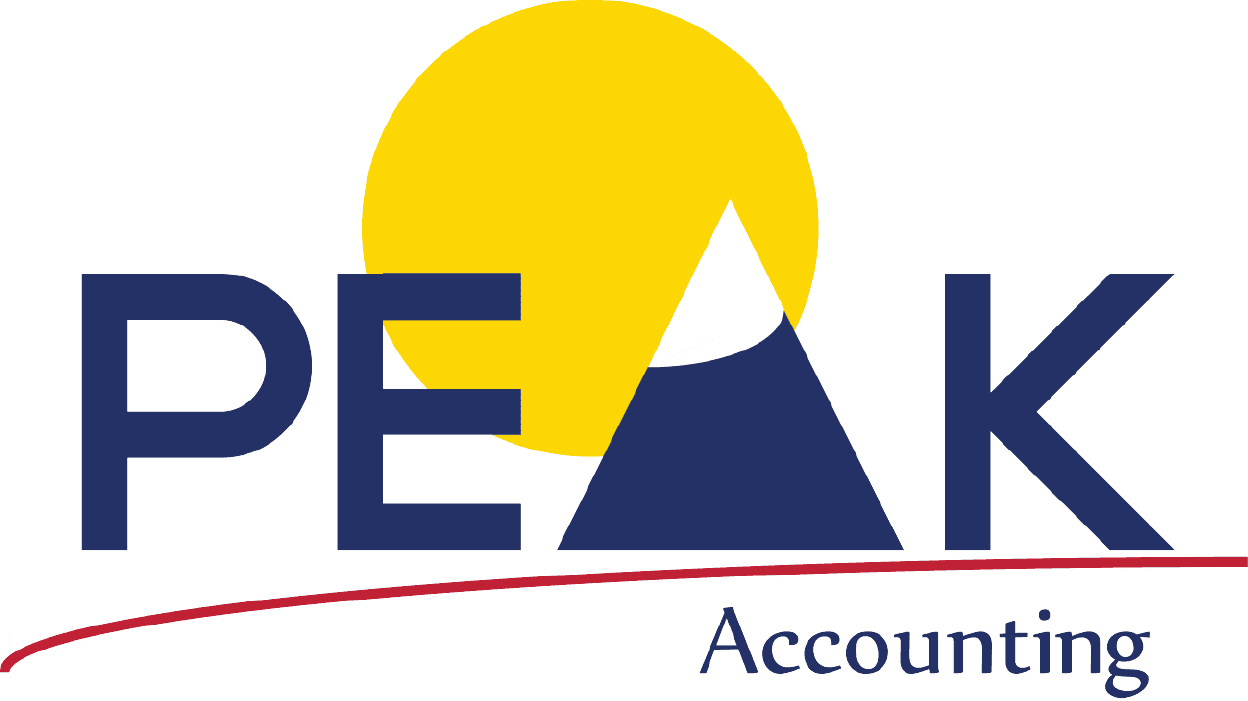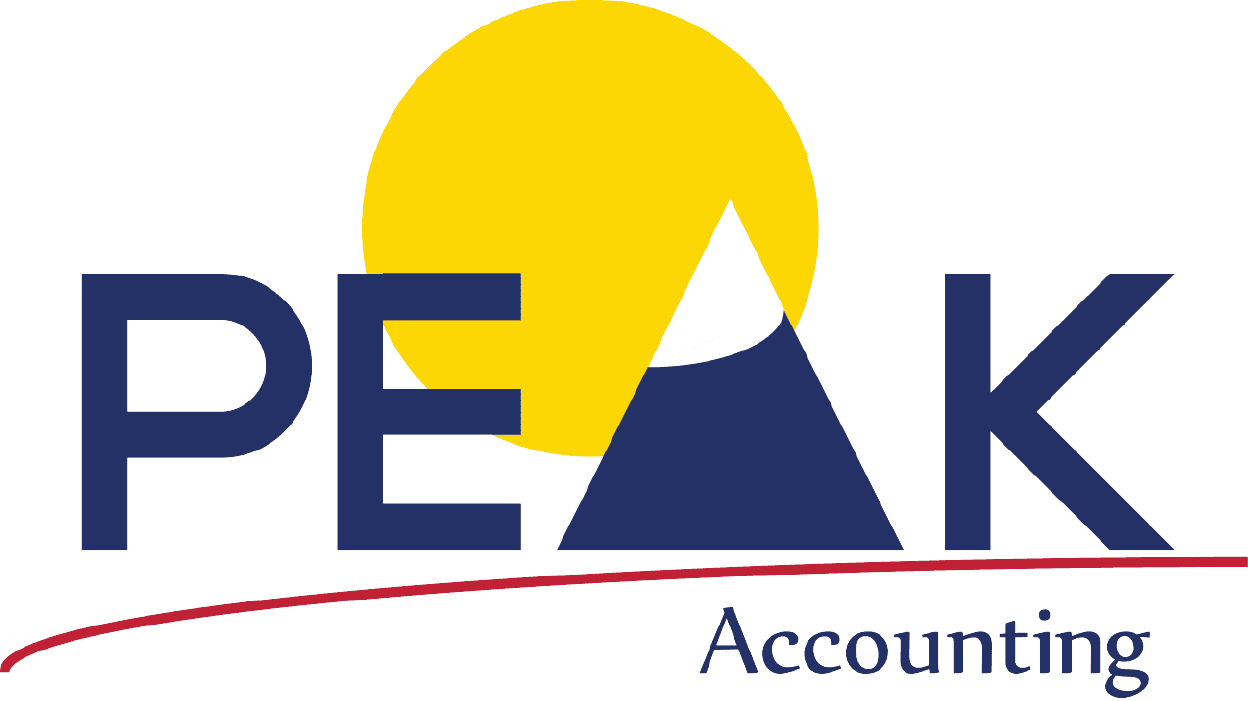It’s funny to think that bookkeeping is something small business owners often ignore because it is essentially the glue that holds your business together.
I’m talking about the essential and practical art of keeping track of money entering and exiting your business — so you know what to how to make the most of it!
Small business bookkeeping doesn't have to be difficult. Even though you may be running your own business and handling multiple tasks, it should still be a top priority to keep good bookkeeping records.
There are three essential bookkeeping practices that every small business needs for its accounting records.
- Create a New Business Account with Built-In Tax Budget
- Know Your Legal Business Responsibilities
- Start Using Software for Small Business Bookkeeping Now
Create a New Business Account with a Built-In Tax Budget
In the business world, keeping your finances separate from your business dealings is not just nice but necessary…a new bank account can help clarify your financial standing and jumpstart your tax preparation.
As a small business owner, you’re expected to keep thorough records and file taxes annually.
Don’t worry: It’s not as scary or as complicated as it sounds.
A good way to accomplish saving for taxes is to set aside 20% of your income in a separate savings account every month. This will help you easily pay your 2021 income taxes, without any last-minute panicking about finding the money.
Know Your Legal Business Responsibilities
It’s easy to overlook bookkeeping tasks – like taxes, deposits, and payroll.
Bookkeeping is about much more than keeping inventory in check and making sure your financial records are accurate; it also encompasses the legal and compliance framework of your business.
Take some time to learn the basics of bookkeeping so you can avoid any costly mistakes.
Start Using Software for Small Business Bookkeeping Now
As a small business owner, you already know how important it is to keep on top of all your finances.
But the task can be overwhelming when managing it all by hand using spreadsheets, credit card receipts, and bills. It’s not uncommon for business owners to lose track of invoices or receipts while also struggling with reconciling their books every month.
If you are on a budget and you want to stay in control of your finances, accounting software is a wise investment as it takes much of the drudgery out of day-to-day bookkeeping chores.
There are two major benefits to using software for small business bookkeeping: easily accessible data and automatic reports.
Conclusion
Bookkeeping is the process of keeping track of your cash flows, expenses, and credit card accounts in a way that makes it possible to figure out how much money your business is spending, how much money it is earning, and where its money is going.
Whether you’re a sole proprietor running your own small business or an employer paying employees, bookkeeping is a critical skill set. Like all skills, bookkeeping requires practice and knowledge to master.
In this article, we cover three essential practices for doing bookkeeping properly: (1) create a new business account with a built-in tax budget, (2) know your legal business responsibilities, (3) start using software for small business bookkeeping now.
This article provides basic bookkeeping advice, but if you need more in-depth assistance, we offer small business accounting services.
If you are looking for a small business accountant or bookkeeper, contact Peak Accounting Service for a free accounting consultation.





